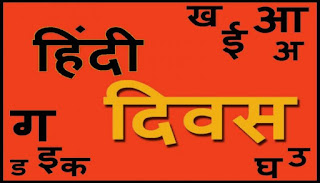What Makes A Language ‘Polite’, ‘Poetic’, Or ‘Romantic’?
(This article first appeared in Swarajya ) “Still I remember how her body lay Exhausted by our love, her pale cheeks lined With tumbled lock of hair, and round my neck The tendrils of her arms she tightly twined; Held me so close as if she bore within Her heart concealed some secret deed of sin.” The poem is not from an English erotica. Nor it is a translation of French, Spanish, Italian, or Farsi love poetry. It is a translation of the eleventh century Kashmiri Sanskrit poet Bilhana’s Chaurpanchashika (The Love Thief) by Richard Gombrich (Love Lyrics). If you are surprised by the fact that this sensuous poem was originally written in Sanskrit, you are not alone as we seldom envision Sanskrit a language of romance. Despite being the language of such masterpiece as Abhigyanshakuntalam , Kamasutra , etc, we rarely hear of Sanskrit being claimed as a ‘romantic’ language. Such accolades, around our dinner table and in friendly conversations in WhatsApp groups, are reserved pr
